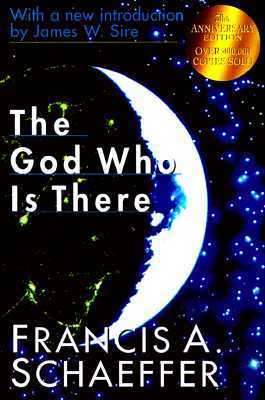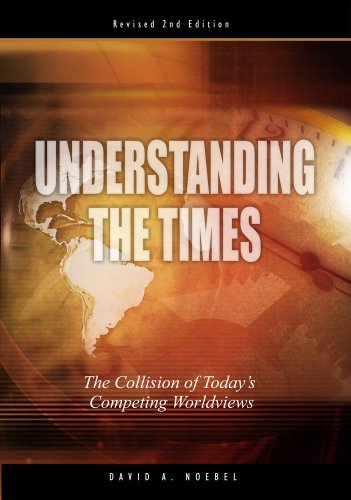
How Should We Then Live? The Rise and Decline of Western Thought and Culture
Book Description
A world teetering on the edge of moral chaos—how did we get here? Francis A. Schaeffer takes you on a gripping journey through the rise and decline of Western thought and culture. From the dawn of reason to the shadows of postmodernism, every turning point reveals a battle for truth that shapes our lives today. Schaeffer unveils the profound implications of philosophical shifts, weaving a tapestry of ideas that challenge the very foundations of society. As civilization crumbles under the weight of disillusionment, can hope still emerge from the ashes of a lost era?
Quick Book Summary
"How Should We Then Live?" by Francis A. Schaeffer examines the major intellectual and cultural changes that shaped Western society from the Roman era to the twentieth century. Schaeffer explores how shifts in philosophy, art, science, and theology deeply influenced culture, leading to a crisis of meaning and morality in modern times. He argues that the abandonment of biblical Christianity in favor of human autonomy and relativism has eroded moral absolutes, resulting in societal fragmentation and despair. Schaeffer contends that the only enduring answer is a return to a worldview rooted in Christian truth, which provides both logical consistency and hope. Through compelling historical analysis, he challenges readers to critically assess the foundations of their values and the direction of contemporary culture.
Summary of Key Ideas
Table of Contents
The Impact of Worldview on Society
Francis Schaeffer begins his exploration by emphasizing how the dominant worldview in a culture shapes every aspect of society. He traces the influence of foundational ideas from ancient Rome, through the Middle Ages, Renaissance, and Reformation, arguing that societies stand or fall based on their underlying philosophy of truth and existence. Biblical Christianity, he contends, once provided coherence and a moral framework that undergirded progress and stability, distinguishing Western society from others. However, as philosophies shifted away from these foundations, society faced profound consequences.
The Shift from Absolute Truth to Relativism
A major theme Schaeffer analyzes is the transition from a worldview based on absolute, universal truth to one rooted in human-centered relativity. The Enlightenment period played a pivotal role, as thinkers increasingly disregarded divine revelation in favor of autonomous human reason. This gave rise to secular humanism, which, while optimistic, lacked a stable grounding for ethics or purpose. Schaeffer details how relativism filtered into art, science, and politics, eroding the confidence in any fixed standard for right, wrong, or beauty.
Art, Science, and the Expression of Worldview
Art and science become mirrors reflecting worldview shifts. Schaeffer explores how artistic expression moved from representing a rational, ordered universe to depicting fragmentation, despair, and existential angst. Scientific progress, once built on the belief in a rational, created order, eventually became divorced from any moral or metaphysical considerations. The result was not just aesthetic or intellectual change but cultural disorientation, as society struggled to find meaning in the face of growing chaos.
Humanism and the Loss of Meaning
The rise of humanism, Schaeffer argues, undercut the basis for intrinsic human worth and societal cohesion. Without a transcendent purpose, individuals confronted meaninglessness, and society became susceptible to manipulation by elites or the state. The application of arbitrary power and utilitarian ethics further threatened freedom and dignity. Schaeffer contends that this drift towards relativism and despair is not accidental but an inevitable result of departing from the Christian worldview that once provided hope and moral direction.
The Necessity of Christian Foundations
Schaeffer concludes by urging a return to biblical Christianity as a source of truth, meaning, and moral absolutes. He asserts that only a worldview anchored in the truth of God’s revelation can provide the necessary foundation for societal renewal and genuine human flourishing. The book ends with a call to thoughtful Christian engagement with culture, emphasizing not only the necessity of sound ideas but also the importance of compassionate, confident action in the face of prevailing chaos and uncertainty.
Download This Summary
Get a free PDF of this summary instantly — no email required.





